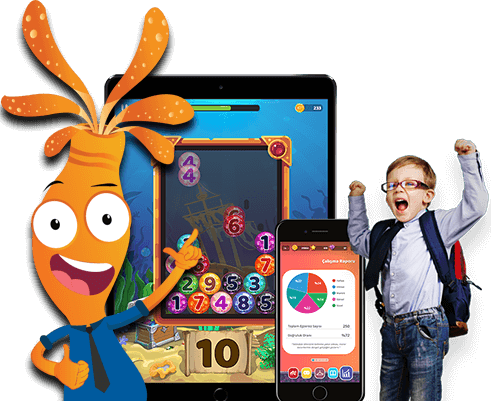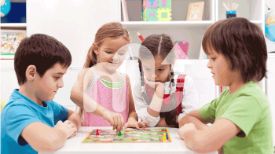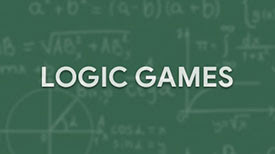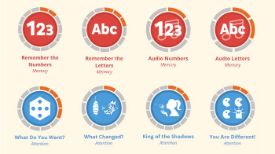Learning math can be so much fun! If you pick the right math games for 2nd grade students, your children will not only learn math but actually enjoy it too!
Free Online Math Games for 2nd Grade
We prepared the best math games and activities as one of the best apps for 7 year olds. So that your 7 year olds can master their math skills without any hesitation. Let’s go on!
Don’t forget to check out MentalUP to access many more fun and educational games!
Math Activities for 2nd Grade
There are many math activities for 2nd grade teachers (and parents) to help children learn math the best way possible. From worksheets, math riddles, math puzzles to DIY activities, here are some examples that will muse your second graders.
Printable Math Games
Printable math games for 2nd grade students can be one of the most practical tools for all the teachers and parents out there. Feel free to download our free printables and start having fun!
1. Can You Solve This?
Second grade students should be capable of solving addition and subtraction problems with the numbers 1-20 and two digit numbers. This activity is perfect for promoting these skills and enabling strategic thinking skills.
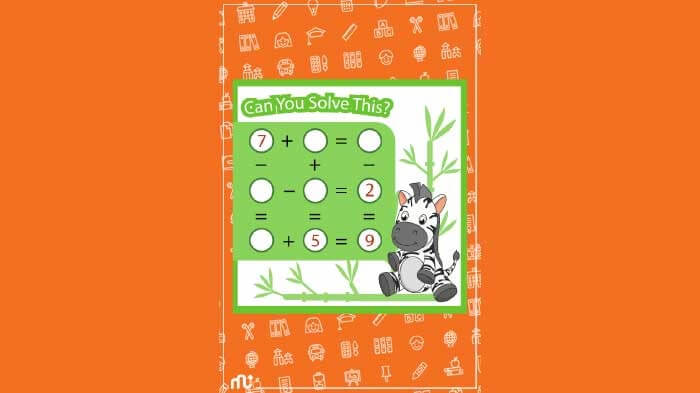
All your children have to do is fill in the blanks with the correct number according to the placed numbers and symbols!
2. Matching Game
Are you ready for some shopping? Help your children with counting money apps or with these fun printables.
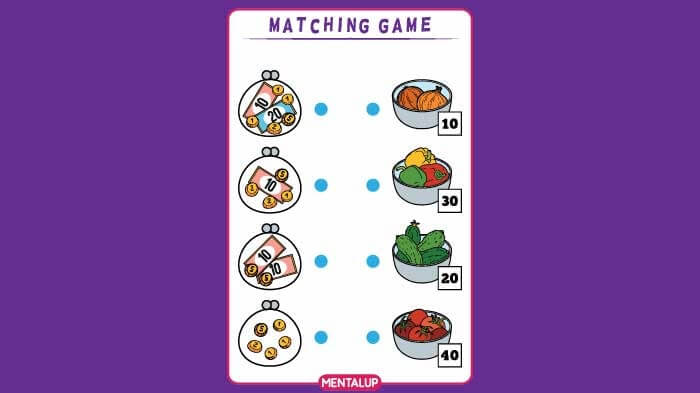
All they have to do is match the correct amount of money with the pricing of the items.
3. Addition and Subtraction
How about a fun printable that makes basic addition and subtraction problems creative? This cut&glue activity will help your children learn math more effectively as there are more senses involved in the problem-solving process.
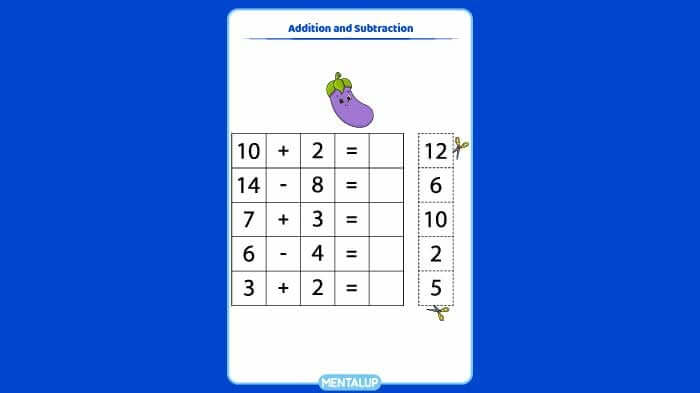
Print out our free printables and cut out the answers. Encourage your children to paste the correct answers in the blanks next to the problems.
You can always visit our Pinterest Board for many more fun printable teacher tools and education sheets!
You can also benefit from MentalUP’s 150+ educational games with a free trial and start boosting your children’s mental development skills today!
Math Games for the Classroom
Who said that fun math games for 2nd graders should be played alone? We have plenty that can be played with a playgroup or in the classroom!
1. Cotton Math
Who wants a math partner? This fun game is played by groups of two and it helps teach children their evens and odds.
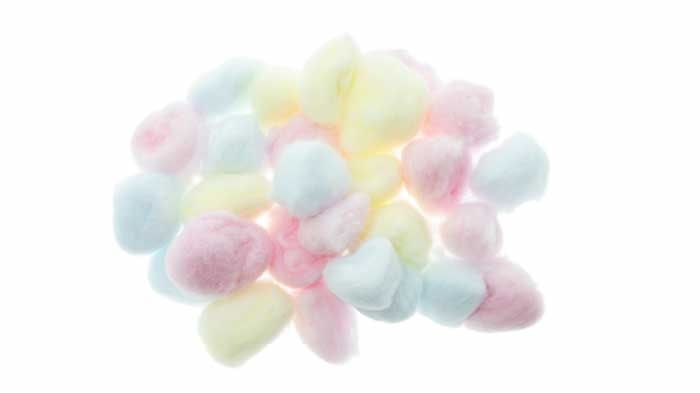
What You Need
- Cups
- Cotton balls
- Whiteboard or paper
- Marker
How to Play
- Put the students into pairs.
- Set the timer for 1 minute.
- Ask one of the children to hold the cup while the other tosses the cotton balls into the cup.
- When the timer goes off, both children work together to count their “points” by pairing up the cotton balls by 2. Remind them that they have to count by twos or their points won’t count!
- Ask them to record their score on whiteboards or paper and tell if it is even or odd.
- Ask the partners to switch roles, and play again!
2. Skip Counting
Use this activity to teach your children counting by twos, fives, or tens. Whatever you’re working on at the moment 😊
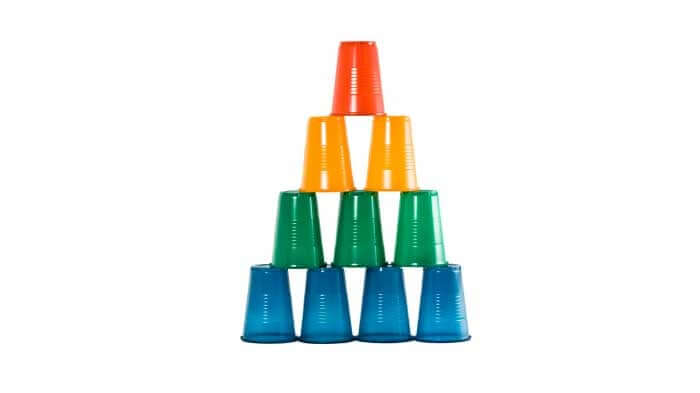
What You Need
- Plastic cups for each child
- Markers
How to Play
- Number each set of cups by twos, fives, or tens. If by twos, use the numbers 1-20, if by fives, 1-50, and if by tens, 1-100.
- Make sure each child gets a set.
- Shuffle the cups in each so they’re not in the correct order.
- Challenge children to race to see who can stack theirs in the correct order the fastest!
3. Guess My Number
Here’s a fun game to play in the classroom or on playdates! This is one of the free math games for 2nd graders that covers all math facts, from evens and odds to comparing and place value.
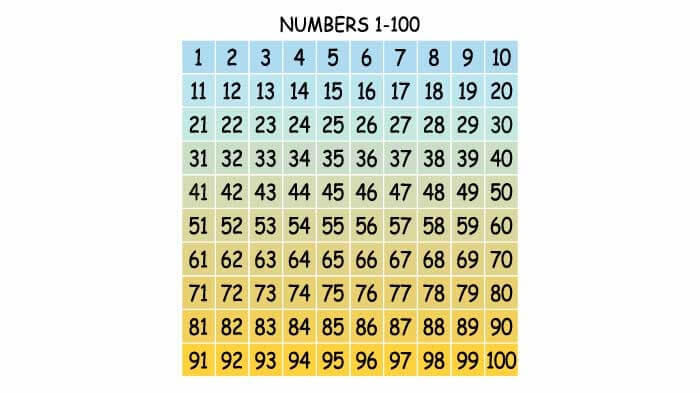
What You Need
- A chart with the numbers 1-100 on it
How to Play
- Ask one of the children to pick a number in their head.
- Then, encourage the other children to ask questions to find that number. The questions can be:
- Is it even?
- Is it odd?
- Is it before/after …?
- Is it greater than/less than …?
- How many digits is it?
- The game setter should answer the questions correctly.
- The first to guess the number wins!
Are you looking for more 2nd grade math games for the classroom? Keep a close eye on our blog and be the first to discover them.
You can also check out MentalUP for 150+ scientific-based games and gain access to education in the classroom, at home, and everywhere else!
DIY Math Games
DIY math games are a perfect way to teach your children math and to spend quality time with them. Let’s jump right into our activities.
1. Time Race
Are you ready to turn practicing telling time into a race? But be careful, in this game, time can go backward. Your child will have a blast practicing time-telling in this fast-paced game!
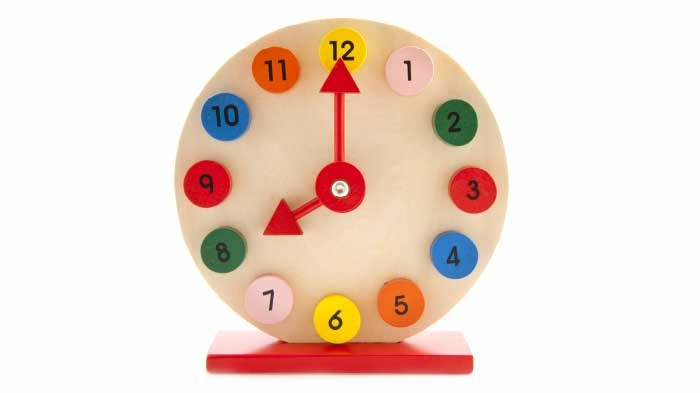
What You Need
- A paper plate
- Number stickers
- Brad
- Sharp pencil
- Decorative paper
- Scissors
- Paper punch
- A dice
- The game code:
- 1= move 5 minutes ahead
- 2= move 10 minutes ahead
- 3= move 5 minutes back
- 4= move 15 minutes ahead
- 5= move 20 minutes ahead
- 6= move 10 minutes back
How to Play
- Glue the number stickers around the plate. You can use a clock for guidance.
- Trace and cut out the two (2) clock hands from decorative paper and punch a hole near the bottom of each.
- Use a sharp pencil to punch a hole in the center of the plate.
- Insert the brad through both clock hands and the hole in the plate, and secure.
- The players start their clocks at the top of the hour.
- They take turns at rolling the dice and move the minute hand according to the game code above.
- In order to win, you must land exactly on the next hour. For example, if you start the game with both clocks at 12:00, the first person to hit 1:00 wins.
- If a player goes over or passes the next hour, he/she must return to the top of the original hour and start over.
2. Roll and Compare
Here’s a unique way to practice place value and comparing.
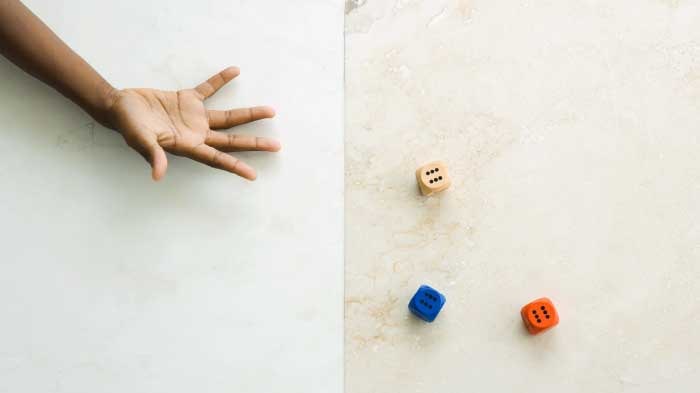
What You Need
- Three dice
- A paper
- A pencil
How to Play
- Players take turns rolling three dice.
- The first player must form the largest possible number by placing the numbers on the dice in the hundreds, tens, and ones place and write it on a paper.
- The second player should do the same.
- After both players have formed their numbers, they compare them as “greater than, less than or equal to”.
- The player that is greater than is the winner!
3. Lego Math
Here is a fun activity that will help your children comprehend addition, subtraction and measurement even more!
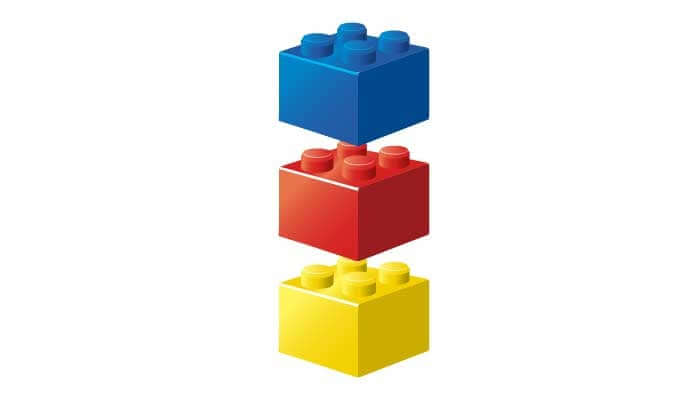
What You Need
- A piece of graph paper
- 2 dice
- 88 square lego pieces
How to Play
- Draw 30 little squares on a graph paper (5x6).
- Randomly label the squares with 1-2-3-4-5.
- Stack the legos as towers of 2-3-4 and 5. Leave some of them single.
- Place the stacked lego blocks on the corresponding squares on the graph paper. For example, a lego stack of 5 lego pieces should be on the square labeled as 5.
- Roll the dice. The numbers on the dice indicate how many blocks you need to take away. For example, if you roll a 3 and a 5, you can take away a tower with 5 blocks and another one with 3 blocks, or you can take away two towers that are 4 blocks high. However, you can't take the towers apart.
- The goal is to the board or lego stacks! When the board is cleared, you can play it in reverse by rolling the dice to get all the lego stacks back up.
How can your children develop more math skills? By playing MentalUP games! Boost your children’s various cognitive skills, including math, on one of the world’s best education apps: MentalUP!
Math Board Games
Here are some of the board games that you can play to help your children practice math the fun way 😃
1. Monster Sock Factory
Monster Sock Factory is a math board game where kids help cute little monsters dispatch warm socks to everyone in a snow-filled valley. It helps children develop multiplication and division skills.
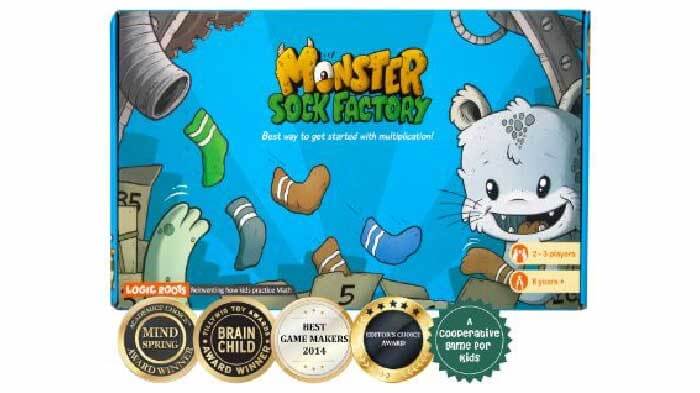
It helps learn multiplication as repeated addition, division as repeated subtraction, and multiplication tables 1-9.
It also helps improving kids’ hand-eye coordination, strategic planning, and memory development.
2. Pet Me
Pet Me is a math board game in which children go on a pet park adventure, feed dogs, cats, and parrots, win hearts and adopt them. Meanwhile, children will master multiplication and division facts.
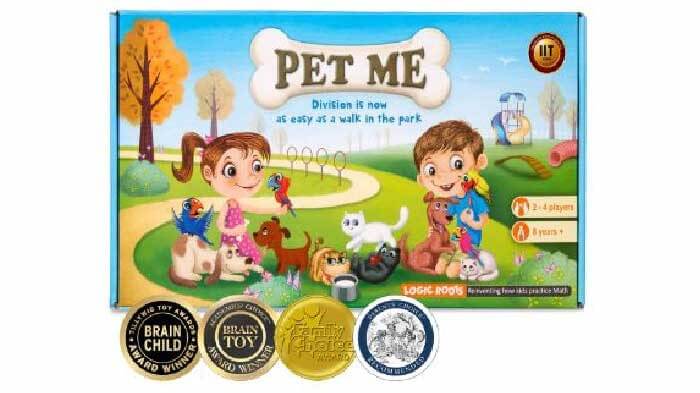
It teaches children division while promoting their emotional development, hand-eye coordination, and forward-thinking.
3. Say Cheese
In “Say Cheese” kids play with the mice to grab delicious cheese, pasta, pizza, and a whole lot more and develop advanced multiplication skills. This game contributes to teaching multiplication and division facts along the way.
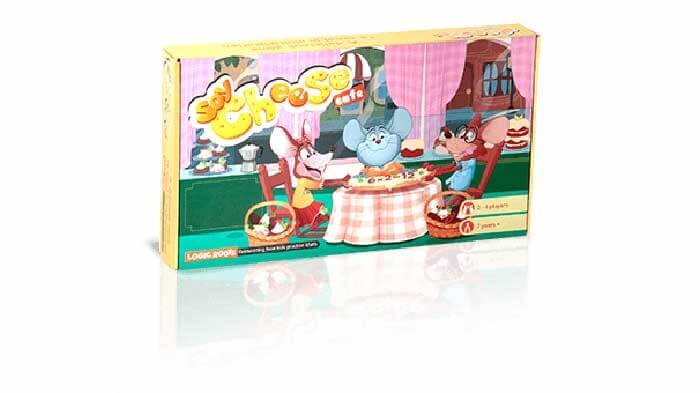
Children learn multiplication tables, the use of divisibility rules, and how to identify factors and multiples. They also gain speed and alacrity and memory and recall skills.
Are you looking for a platform that will improve your children’s math skills while improving their:
- Hand-eye coordination
- Memory and recall skills
- Strategic planning and logical thinking skills
- Spatial, numeric and visual intelligence
And so much more? MentalUP offers 150+ games that serve all of your child’s cognitive skills from one device.


